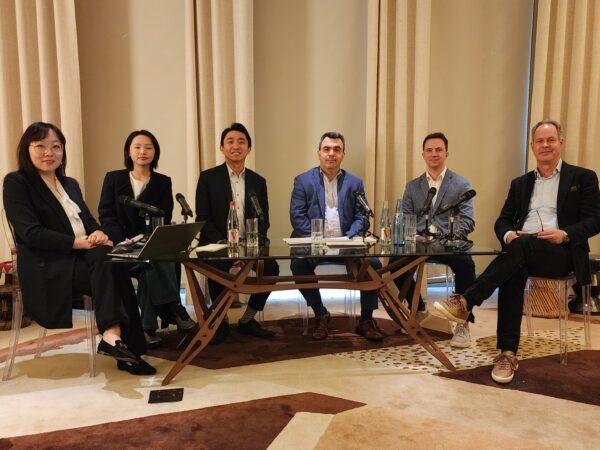Every child deserves a childhood. Yet across the world, far too many are forced to trade schoolbooks for sewing machines and playgrounds for production floors. As we observe World Day Against Child Labor on June 12, it’s a powerful reminder of why Principle 3: Prohibition of Child Labor stands as a cornerstone of Worldwide Responsible Accredited Production (WRAP)’s mission. Our commitment goes beyond compliance—it’s about protecting the fundamental rights of children and shaping a more ethical supply chain.
At its heart, Principle 3 is simple: Children should not work in factories. But in practice, enforcing this standard requires constant vigilance, education, and collaboration. At WRAP, we require that certified facilities do not employ anyone under the legal working age and ensure that all hiring practices are transparent and documented. And WRAP has mechanism to ensure that facilities are practicing this requirement by post certification audits.
I’ve been working in the compliance space since 2011, and in Bangladesh, the push to eliminate child labor was one of the earliest and most visible signs of the country’s commitment to responsible manufacturing. In many ways, child labor initiatives were the beginning of the compliance movement here.
Through our visit to factories where we found that managements had taken the bold step of not just removing underage workers but also supporting them through NGO-led educational programs. That early action set a precedent—and laid the foundation for deeper reforms in safety, documentation, and ethical hiring practices. Since then, I’ve seen remarkable progress, and it also leads to a sustainability sourcing destination.
At WRAP, our approach focuses on prevention through education, transparency, and accountability. We conduct regular audits—including unannounced visits—to ensure that no underage workers are being exploited. Because we operate globally, we can spot trends and share best practices across regions—creating a worldwide network of responsible supply chains.
Child labor is a global issue that needs global awareness. This June 12, we invite you to stand with WRAP. The fight against child labor is far from over—but with commitment and collaboration, we can protect children’s rights and preserve the dignity of work.
Kamrun Nahar is the Head of Operations for WRAP in Bangladesh and Pakistan. Based in Dhaka, she has over a decade of experience in social compliance and supply chain ethics. Kamrun has been with WRAP since 2011 and witnessed how child labor initiatives became the foundation of the compliance movement in Bangladesh. She is passionate about building transparent, responsible sourcing networks across South Asia.




